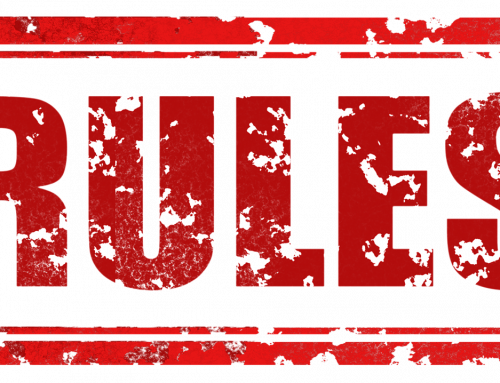Metrics are measures of things, for instance a scholarly article might have metrics derived from how many times it’s referenced.
The trouble is it may be referenced as an anti-example, for instance an example of how an article can be shitty, illogical, and basically worthless. It still got quoted do does being quoted equate to excellence? Obviously not.
So what about the number of people who positively like something?
Well imagine someone with no friends who posts the greatest picture ever taken? How many likes do you expect it to get? The person has not one friend to re-post, like, or get the image into a popular stream. So is the greatest image of all time now obviously crap due to the lack of public adulation? Obviously not so.
Imagine another person who takes say a shower selfie. Not obviously the greatest image ever taken but this person has nearly a million followers! So it gets in a lot of streams, gets a lot of love, gets a lot of knock on love.
One image has no loves, one has millions. Which one is the best image? The one seen the most? The one loved the most? Or have metrics nothing to do with quality?
I would maintain that it’s the latter.
Try to do good work, forget if people like it.
Who liked it anyway? People you don’t know or people who know what they’re looking at? Did they like it because ‘hot’ or because great composition and artistic sensibility? Did the love it because “that’s so beautiful and evocative of emotional surrender” or because “I could rub one out to that”?
Which one is valuable to you, which do you think matters?
Personally 10,000 likes from people I don’t know means nothing next to appreciation of my tying from someone who I respect, which is a pretty limited field.
Ultimately don’t think you’re doing something wrong because it’s not ‘popular’, who cares? What matters is if it’s any good! And what’s good depends on things other than popularity.
Cheers
D








Excellent write up Dave. My wife states that I post photos in order to achieve some grand amount of “likes” and feel all righteous about myself. Where in fact I post my work as I am proud of it and wish to share it with others who follow similar art. However there is a sense of pride/accomplishment when certain people I respect in the scene like something I post.